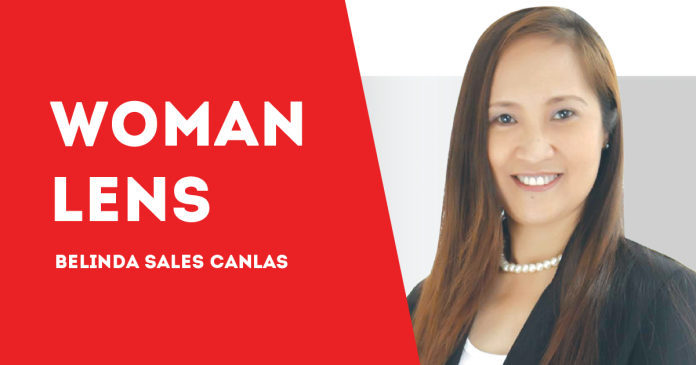
FOR THE sake of those who were unable to read my previous column (Brewing water issue in Balilihan, Bohol: Were stakeholders consulted?, 09/18/2020), I will repeat the communication cycle although from the feedback I got, my article was well read. So, thank you very much.
The communication cycle consists of the following: First, the sender – in this case the local government unit (LGU); second, the medium or channel that conveys the message (through either of the following: focused group discussion, consultative meeting, public consultation, public hearing, official document, announcement through tri-media, social media, and other forms of communication vehicle); arriving at the recipient (third) – the constituents; residents; stakeholders – who decodes it; and then sends his or her feedback (fourth) back to the sender.
If you think in your head that you have completed the cycle which I doubt you did, why is there an uproar now? Clearly, the cycle was incomplete.
Now back to brass tacks as pointed out by the lawyer.
Access during Emergencies. Is 1,000 cu.m. per day or higher sufficient to cover the consumption of Balilihan during an emergency? When an emergency occurs, water supply availability should be unlimited. We all go back to the question: Is there a study supporting this figure? Moreover, what happens if Balilihan’s population increases in the next 10 years or so? Is this not subject to adjustment considering that Balilihan will be tied for 25 years with the water company? Another question: What is the meaning of (provided there is available supply?) Does this mean “in excess” of BWUI’s committed bulk water delivery outside Balilihan per day?
Option to Purchase Water. Balilihan will purchase water from the water company at a buying price of Php 14.00 per cu.m. (one peso lower than the current price of water in Balilihan per cu.m.), however, BWUI will not be charged with extraction fees. Question: Why not deduct the extraction fee from the buying price instead? If Balilihan buys water from BWUI at Php 14.00, then it will be passed on to Balilinhons at a rate higher than Php 15.00, resulting to higher water bill.
No Benefit for the Barangay. In this case, it is the private landowner that benefits from the extraction. What about the host Barangay? If the target daily extraction per pumping station is 3,000-20,000 cu.m., then it means the utilization of the whole water resource table of the Barangay. The land where the pump will be installed belongs to a private landowner, BUT the water beneath belongs to the State holding it in trust for the PEOPLE.
Visitorial Power does not Require Written Notice. Anytime but with written notice? Sounds contradictory. Government agencies vested with visitorial powers do not have to give written notice. The purpose of the visitorial power is always to ensure compliance with the law and agreements.
Technical Assistance. Is the assistance for free? If yes, then write it down. Usually technical assistance is a funded item (consultancy) under RA 9184.
Environmental Fee. What is the basis of Php 25,000.00 annual environmental fee per pumping station? Is Php 2,083.33 per month enough to maintain and protect the immediate environment of the pumping station that seeks to extract 3,000-20,000 cu.m. daily? For baseline purposes, the DENR has recommended an environmental fee of Php 30.00 per head (Filipino) and Php 100.00 per head (foreigner) for Chocolate Hills. Now, let’s assume there are 100 Filipino visitors a day, that’s easily Php 3,000.00 A DAY, with NO extraction activities involved. This is where public hearing becomes necessary. Representatives from DENR and other environmental groups can be invited to provide enlightenment.
Who will apply for ECC? Most likely, it’s going to be Balilihan since under this MOA, Balilihan will apply for BWUI. The burden of compliance will then be passed on to Balilihan. Under Proclamation 450 s. 1953, Balilihan is part of the Loboc Watershed Forest Reserve; thereby making ECC mandatory.
Application for Water Permit/s. Why can’t BWUI apply on its own?
Proceeding now to the Municipality’s Obligations:
Public Consultation/s. Was there public consultations in the involved Barangays? Was there due process? This agreement will bind the Barangays to BWUI for 25 years. Question: At what cost? The people should be informed of the consequences to enable them to come up with an informed consent. (To be continued)
***
Writer can be reached at belca.87@gmail.com. Twitter @ShilohRuthie./PN





